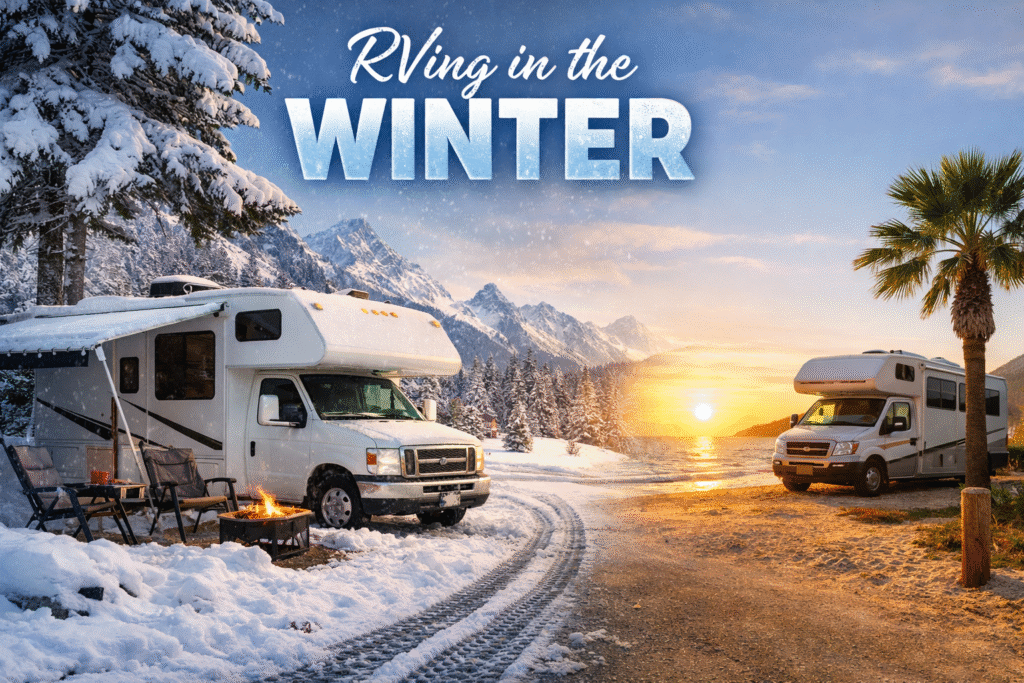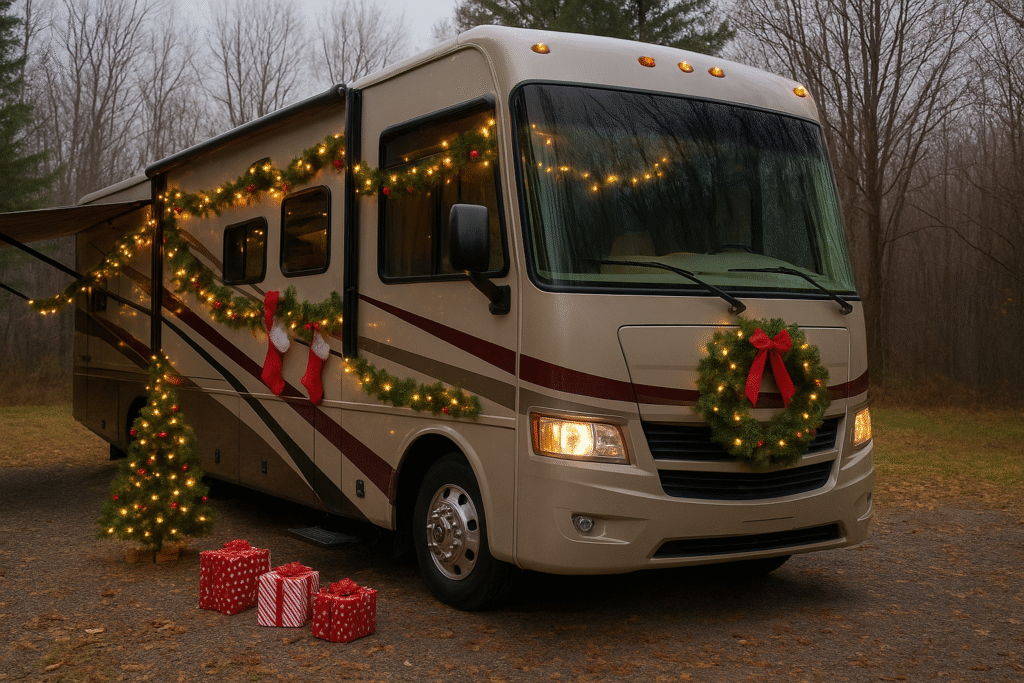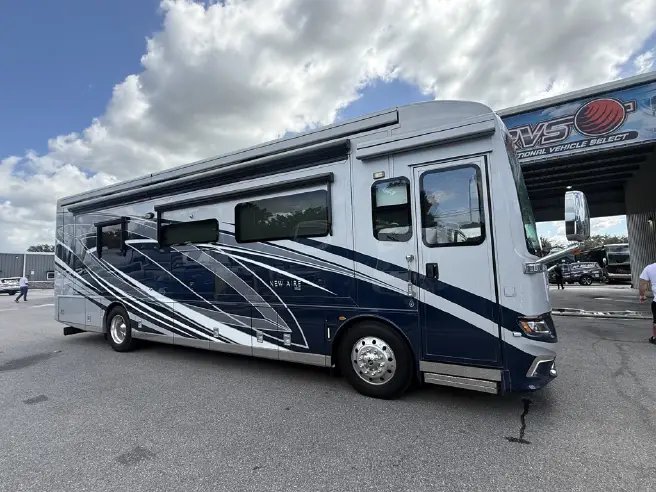With Labor Day weekend approaching, the opportunity to have one last hurrah as summer ends is upon us. Unfortunately, unpredictable weather is upon us as well. What are normally short summertime thunderstorms can quickly turn into torrential downpours if the conditions are right, and for much of the Atlantic coast, the possibility of tropical storms and hurricanes pose an even more menacing threat to end-of-summer plans.
With increased rainfall during this time of year, the risk for flooding increases, too. And when waters crest bays, lakes, rivers, and streams – whether gradually or as a result of a flash flood – there is little that can be done to stop it. So, if you’re camping in your RV and you think a flood is about to occur, what can you do?
Here are a few flood safety tips to keep in mind as you plan your final RV trips for the summer season:
- Keep an eye on the weather forecast – If the weather report includes heavy rains and an elevated chance of flooding, pay attention. Keep an eye on bodies of water near your location and watch for rising waters. And don’t forget that you don’t need to be in a waterfront campsite to be in danger during a flood.
- Plan an evacuation route – It’s always good to have an escape plan, no matter where you are staying, and that is especially true when you’re camping in an unfamiliar location. Learn all the exit points from your camping spot and think about potential routes you can take to escape. In some cases, there may be only one way out, so you’ll want to be prepared to flee on foot if that route becomes blocked or suddenly inaccessible. Also, designate an area of high ground to which you can escape if you decide to evacuate.
- Don’t try to drive through floodwaters – Moving water as shallow as 6 inches can be an incredibly powerful force and when a flood occurs, even large vehicles like RVs are at risk for getting swept away. Avoid driving through water at all costs.
- Have an emergency kit prepared – It’s important to have an emergency kit on hand when you’re traveling in your RV anyway, but if you don’t have one, prepare one right away. Include food rations and water, road flares, insect repellent, and simple first aid supplies. In addition, place all important documents in waterproof bags to protect them from water damage.
In what ways do you practice flood safety? Share your tips in the comments or contact us today!




